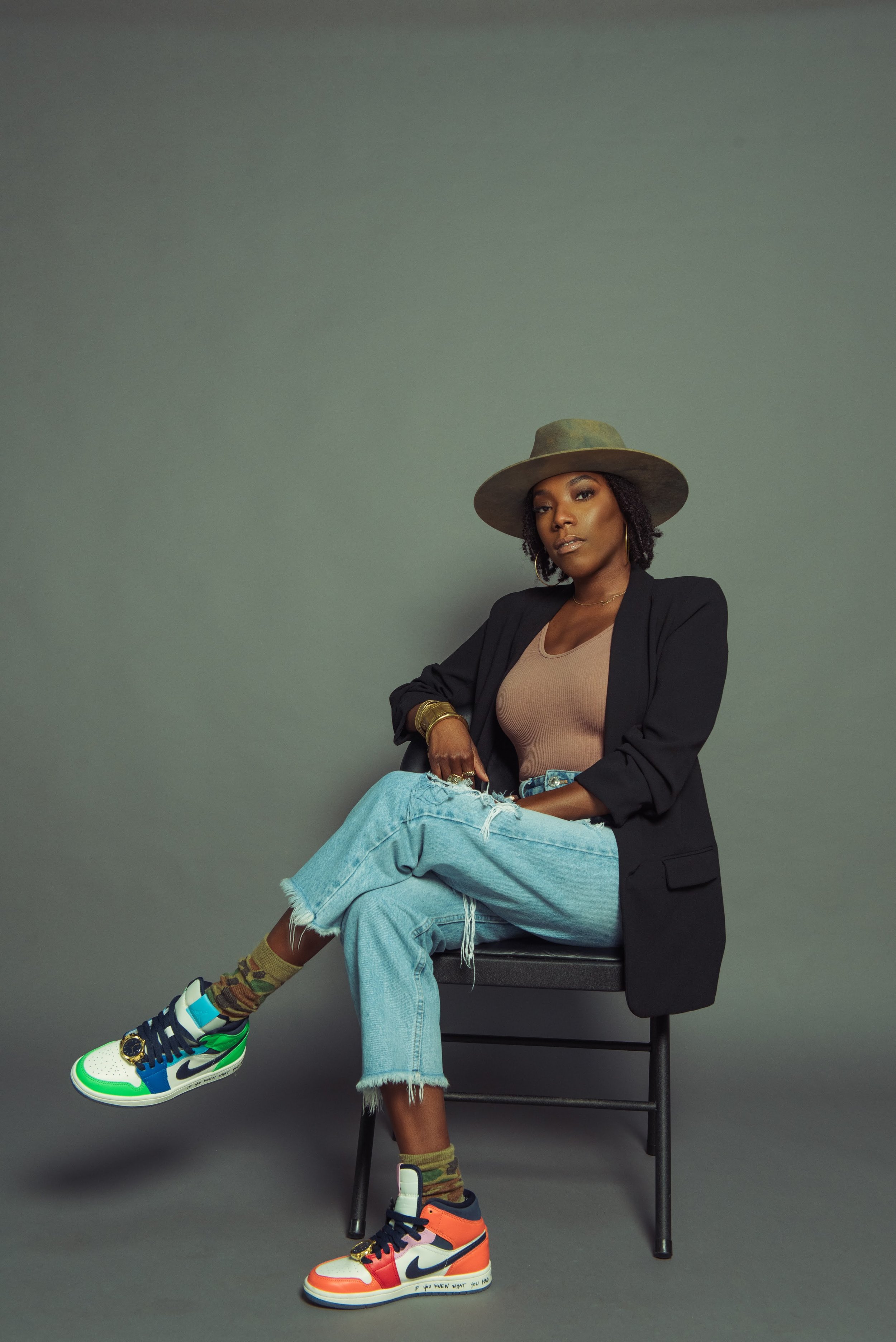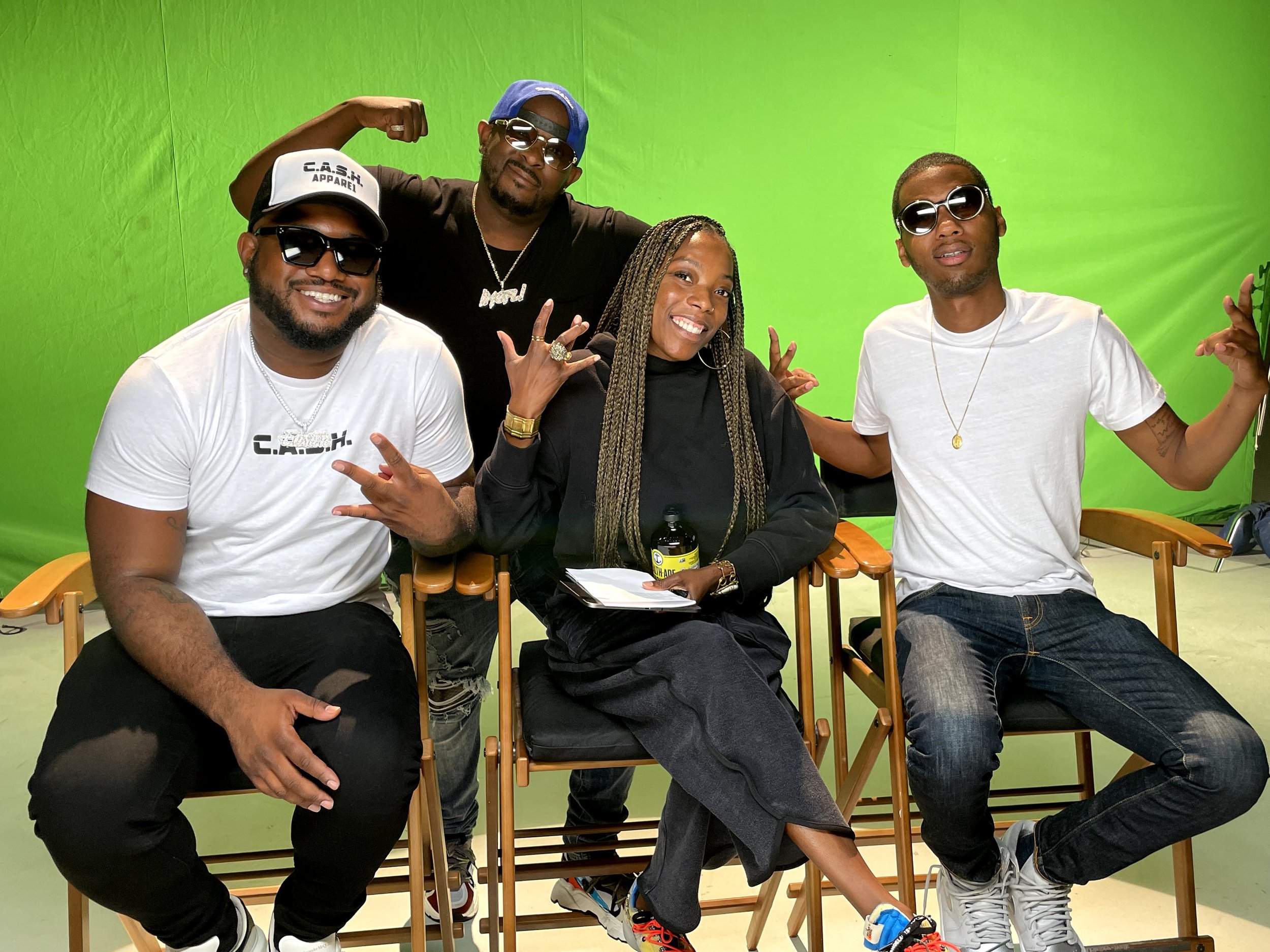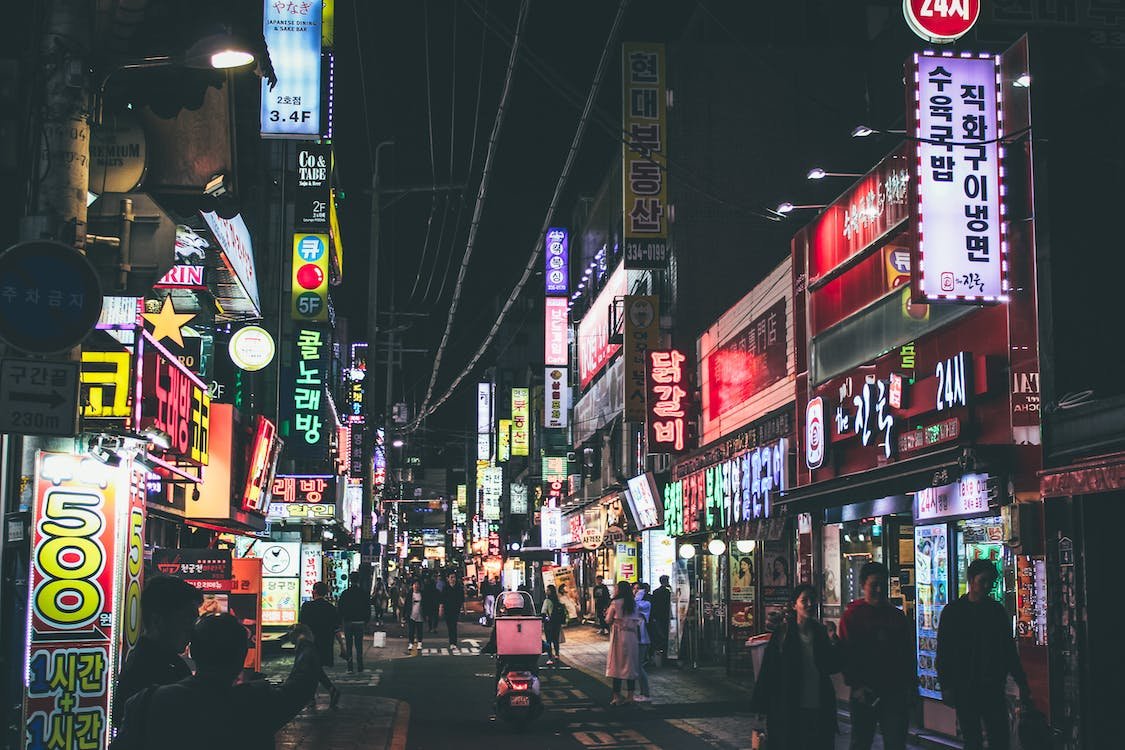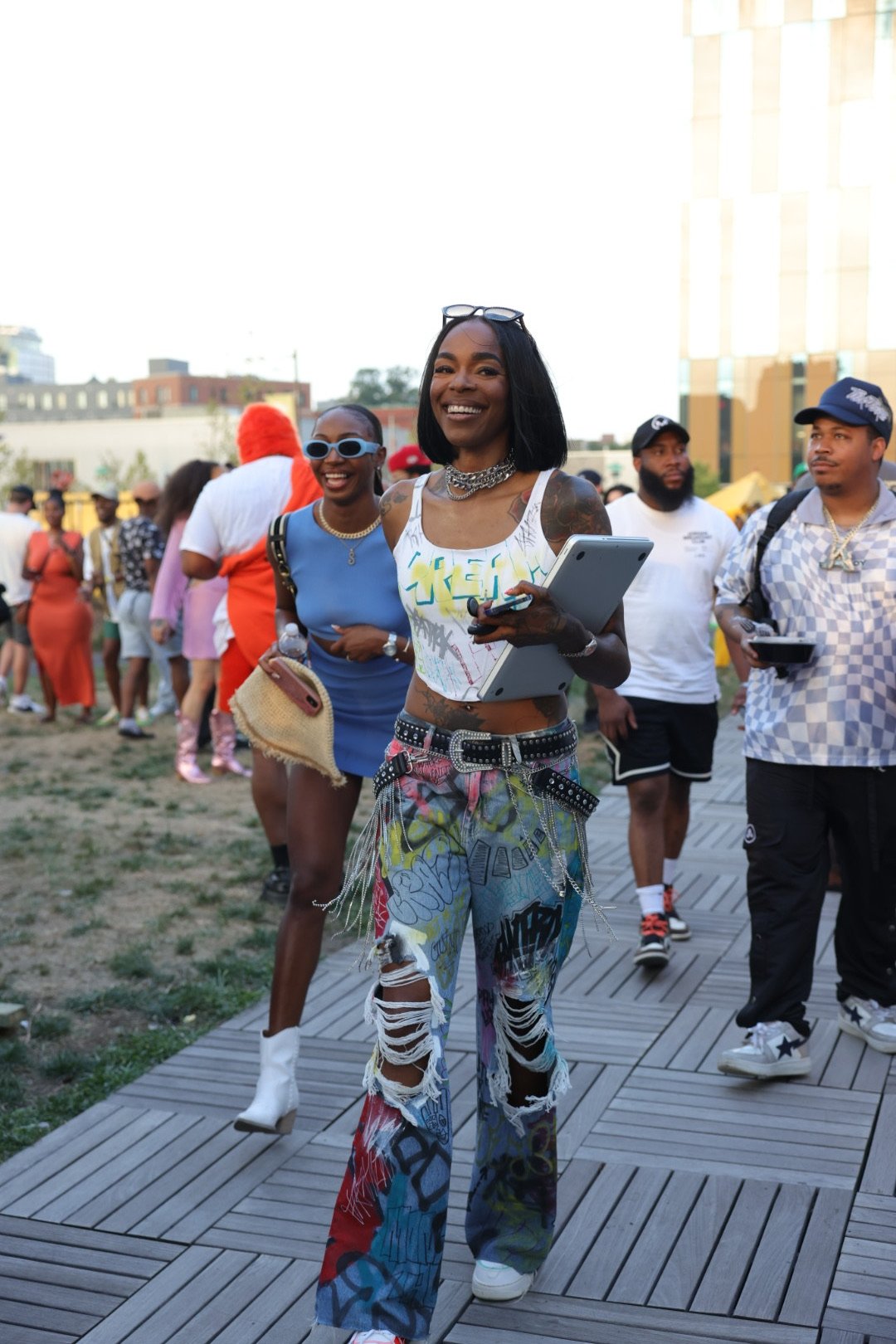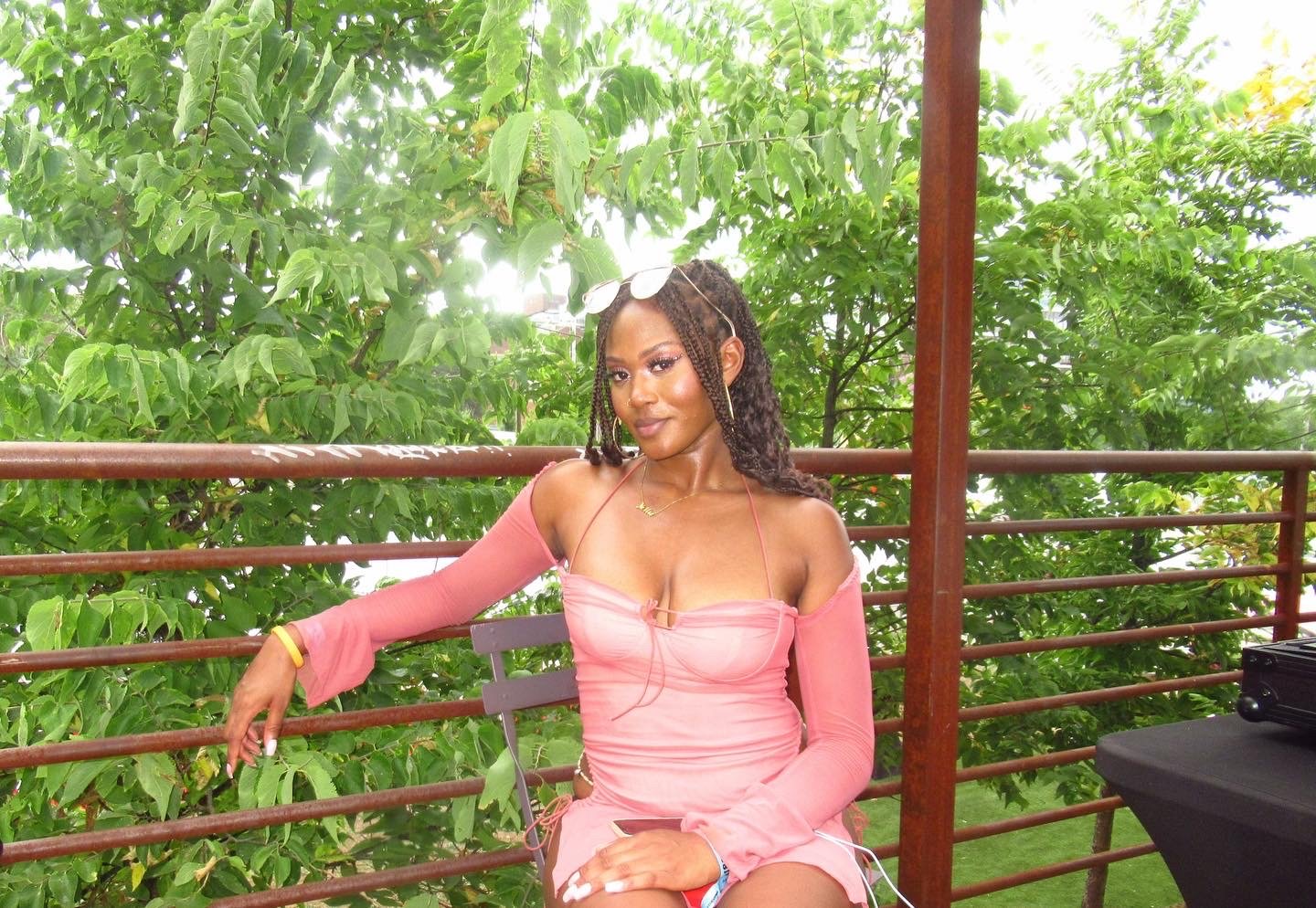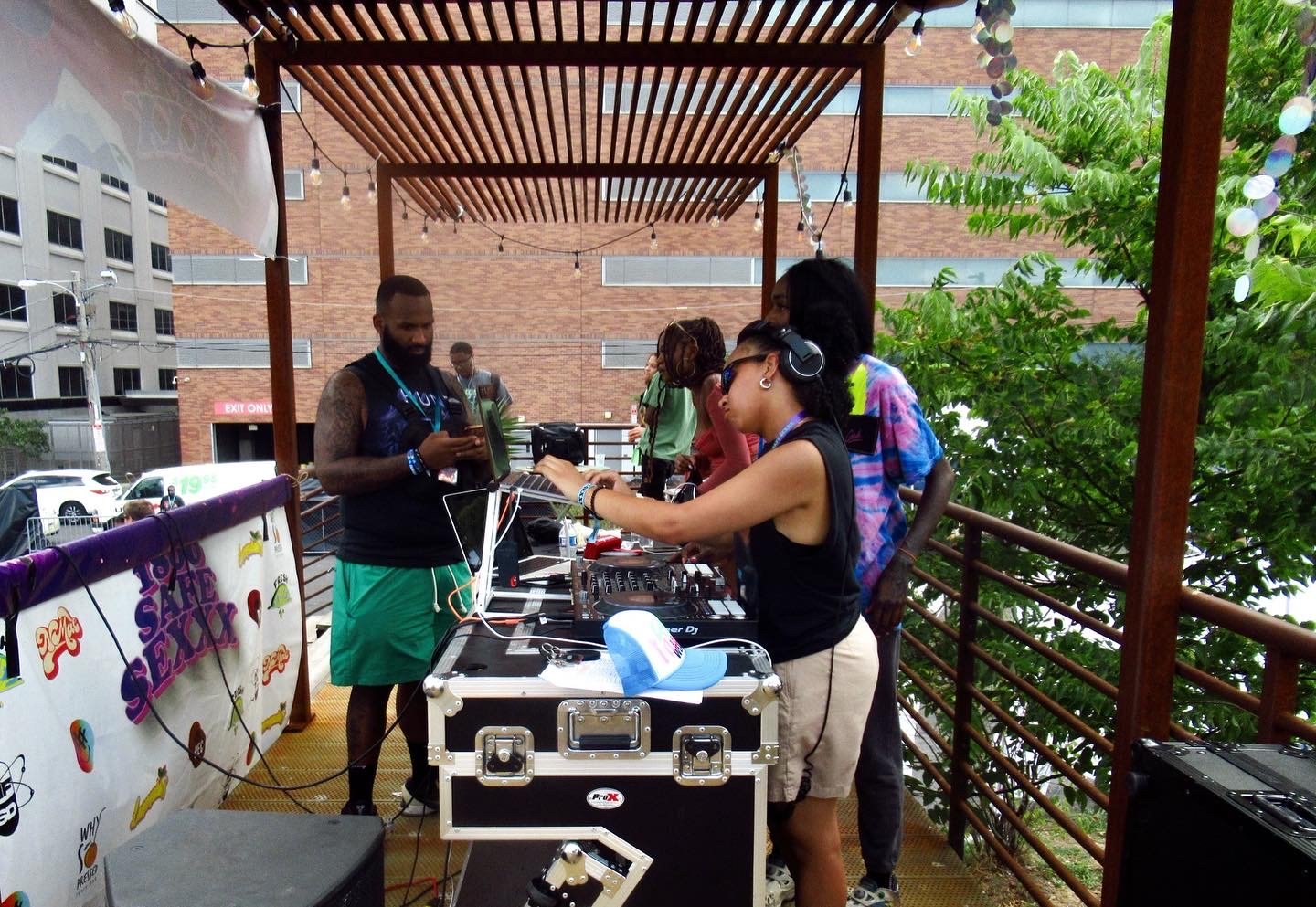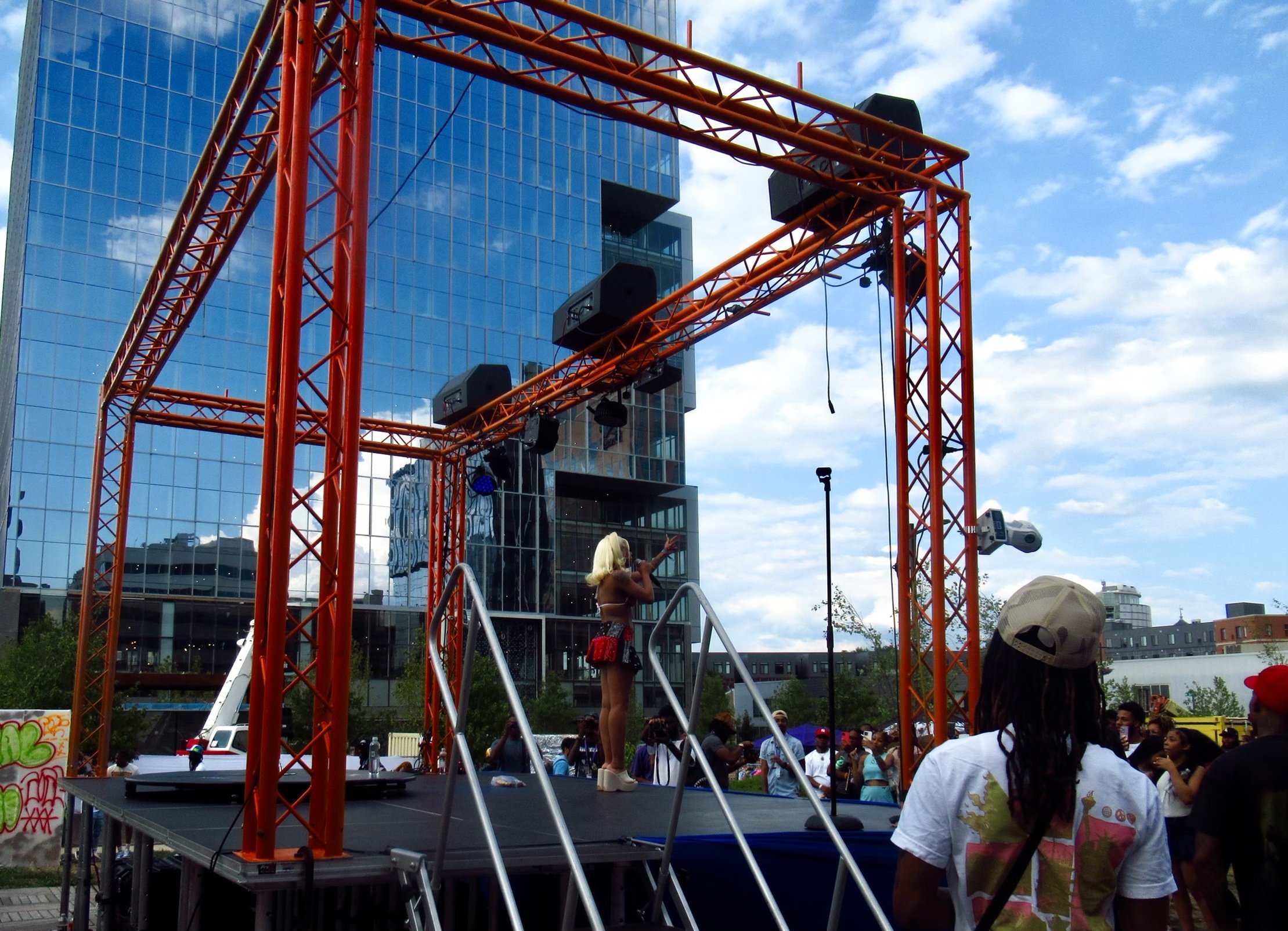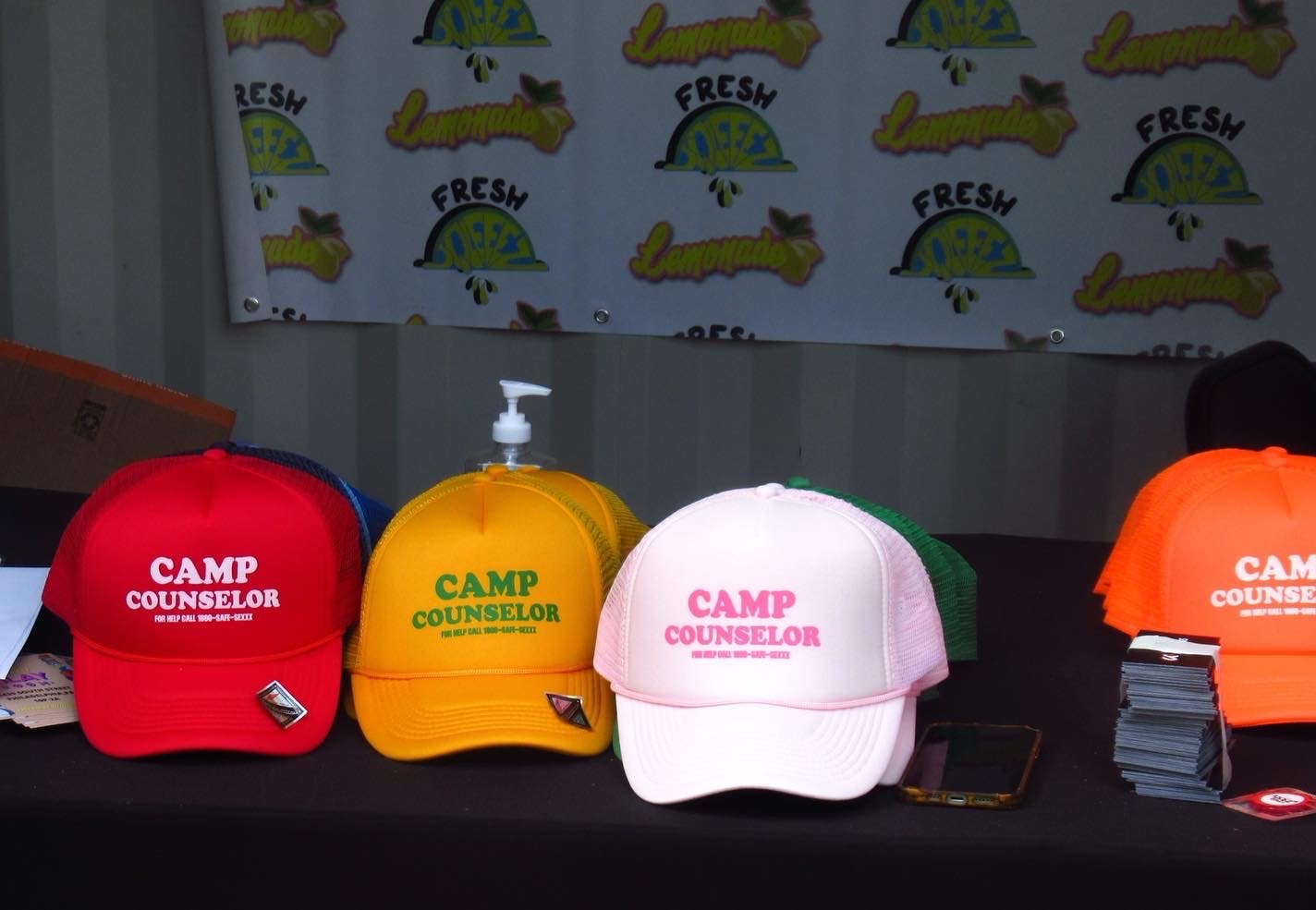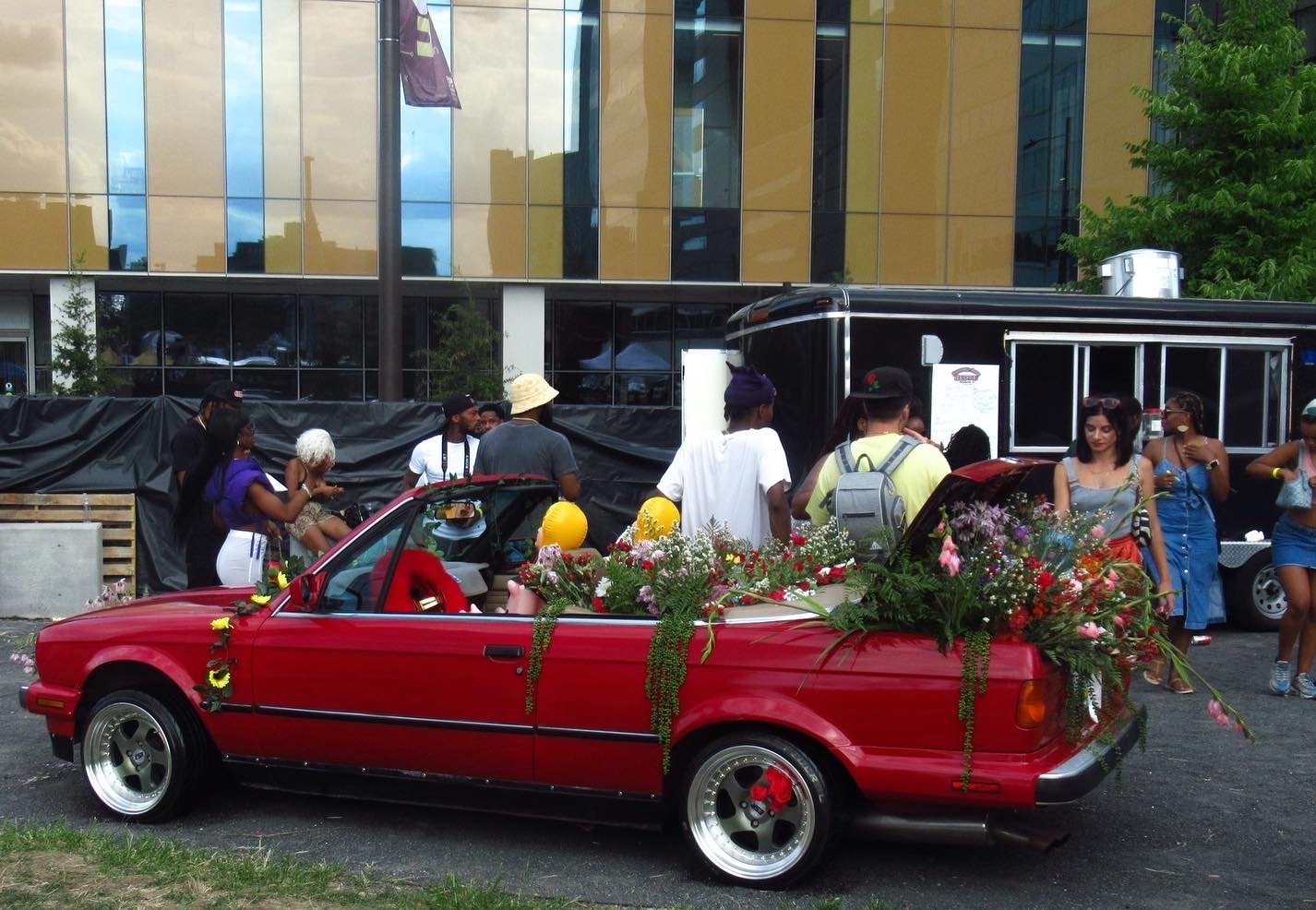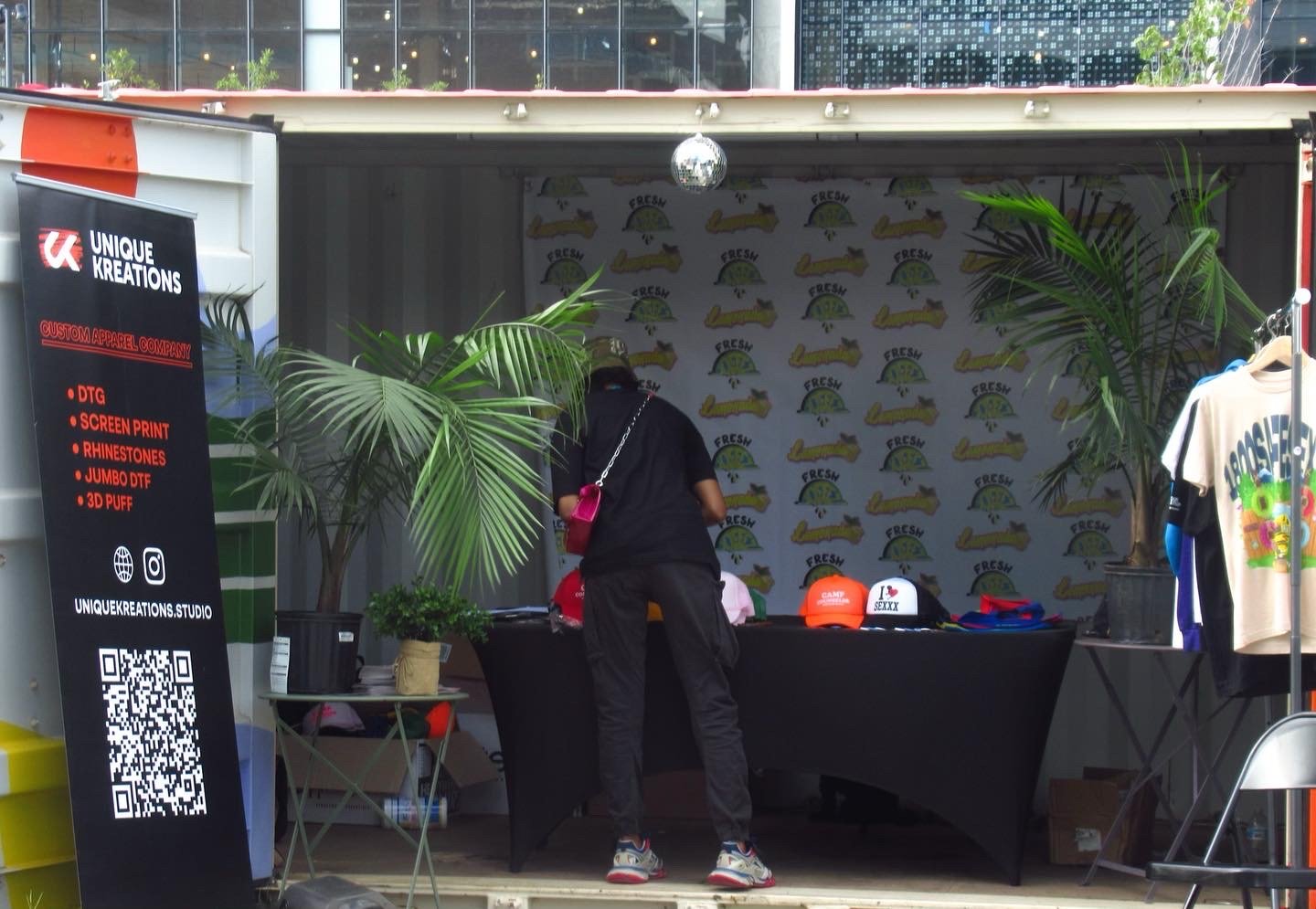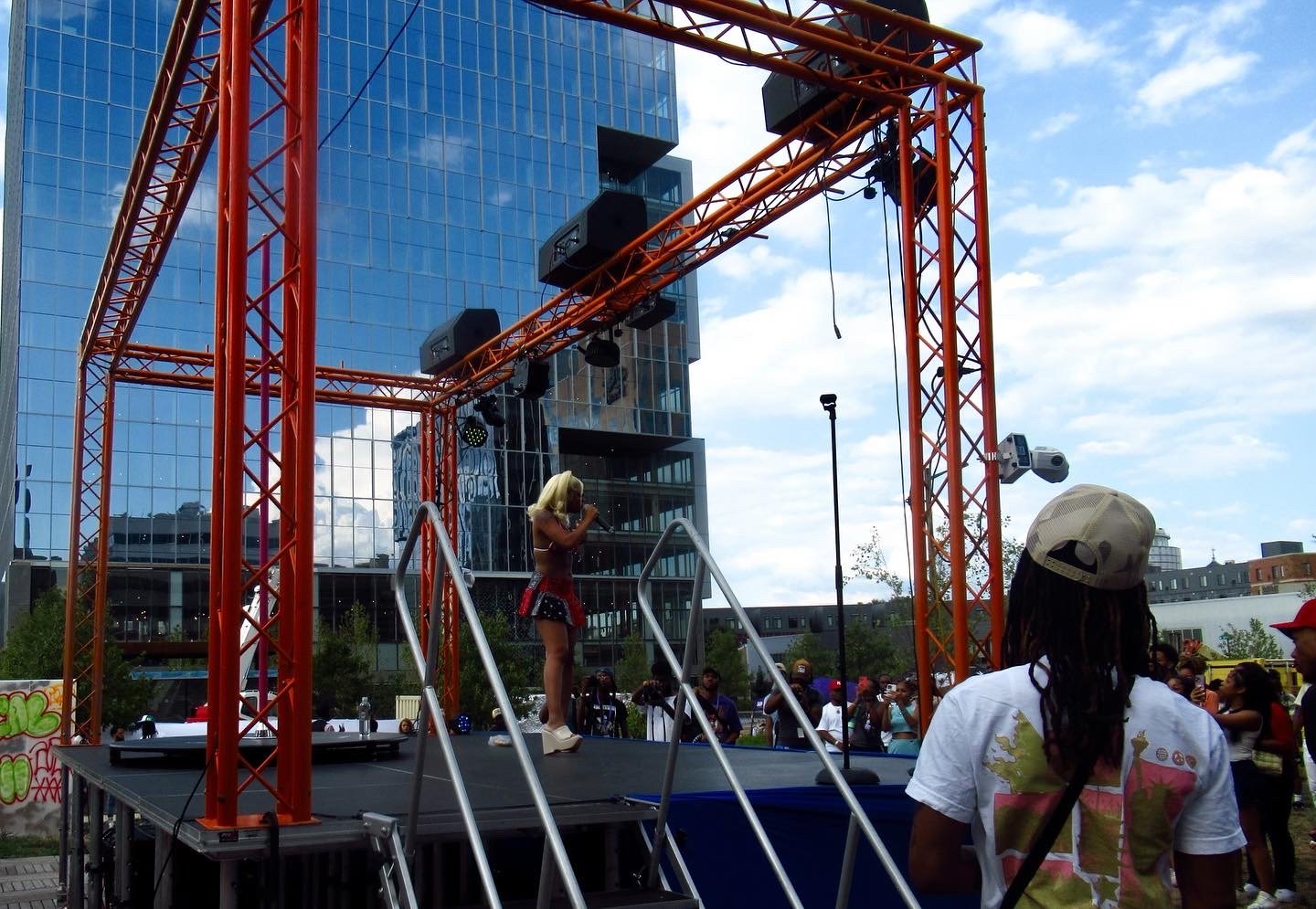by Meaux Harrison
DeDe McGuire is often called “the hardest working woman in radio,” and for good reason. With over 15 years in the business, the award-winning nationally syndicated radio host, media personality, and philanthropist’s unabashed approach and candid conversations have defined her time on the airwaves. She’s interviewed some of the biggest names in and around hip-hop, like Jay-Z and Beyoncé, appeared on CNN, Fox, OWN and in the film The Best Man, and runs an organization that “provides scholarship to women whose higher education was interrupted or derailed because of family, personal obligations or financial distress.” That “hardest working” title makes sense.
DeDe always had a vision to become a radio host. Born in Seattle and raised in Texas–with a few years spent in Germany due to having a parent who served in the military– DeDe knew early on that she didn’t just want to be a local host but a national one. Robin Quivers, the longtime co-host of The Howard Stern Show, was her blueprint and inspiration.
McGuire landed her first radio gig as a receptionist for KOOV 103.1, which was at the time a country music station in Killeen, Texas.
“I went to college, majoring in Journalism with the hopes of becoming a big-time TV News Anchor. Money was tight, and my financial aid hadn’t made it to the school in time, so I was kicked out!” she told Yahoo! News in 2023. “I had to enroll in the local community college in my hometown of Killeen/Ft. Hood, Texas. While attending our local community college, awaiting financial aid help, I began working at a small Country Music radio station.”
Well-liked at the station, the owner's wife pushed for DeDe to be trained for an on-air position. She went on to make an audition tape and pitched it to the R&B/Hip Hop station 92.3 where she was hired on the spot with no experience. She worked there for a year, before connecting with radio legend Doug Banks and joining his morning show as a co-host. Around this time she took on an additional co-host role, joining the team over at the K104 morning show in Dallas. In just a few short years, The K104 morning show would become DeDe in the Morning and has remained so for the last decade. DeDe is one of the very few African American women in the country to have her own morning show in a major city market, with DeDe in the Morning being broadcast in more than 80 cities.
Her interview style is fearless, funny, and charismatic. Keeping listeners tuned in and engaged every morning she’s proven to the industry she’s the best woman for the job. She’s collected countless accolades that include top 25 women in Dallas named by Rolling Out Magazine, Most Influential Women in radio by RadioInk Magazine multiple years in a row, in the international black, broadcasters, lifetime, achievement award. She’s been featured in Essence, Ebony, Upscale Magazine, and in The Source’s Power 30.
Her impact extends beyond radio, too, with McGuire giving back to several nonprofit organizations such as Woman called Moses, whose mission is to put an end to domestic violence, and through the Achieve the Dream DeDe McGuire Scholarship that I mentioned in the first paragraph. The essence of DeDe McGuire’s career has been built from blending humor, resilience, and a commitment to using her voice as a force for positive change.
I’ve been listening to DeDe since I was a kid. She’s a force and an important figure that everyone should celebrate, especially when we consider how often women in radio and southern women in hip-hop get pushed to the background. DeDe is truly an inspiration and role model. And a testament that anyone can go from a small-town girl to a national gem.




